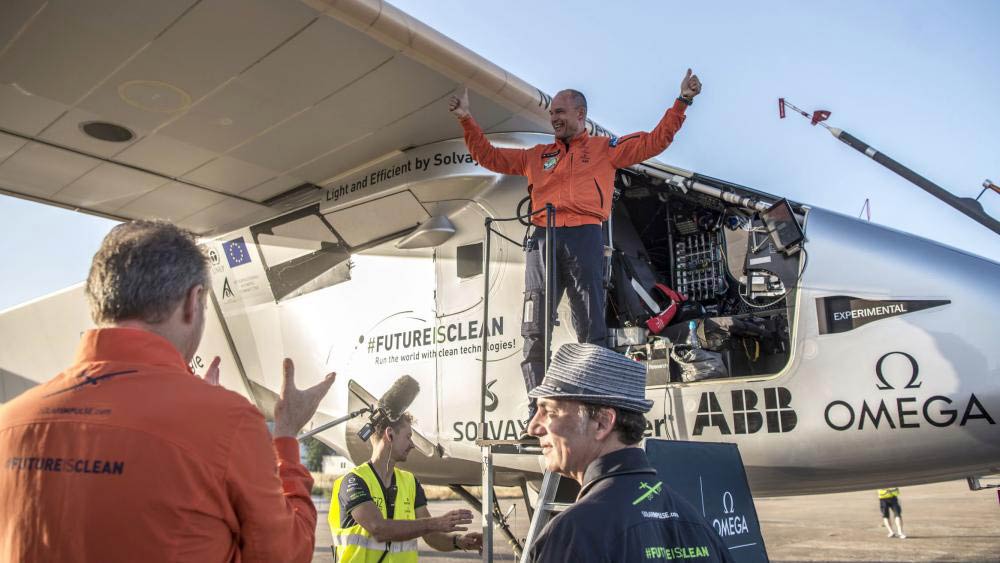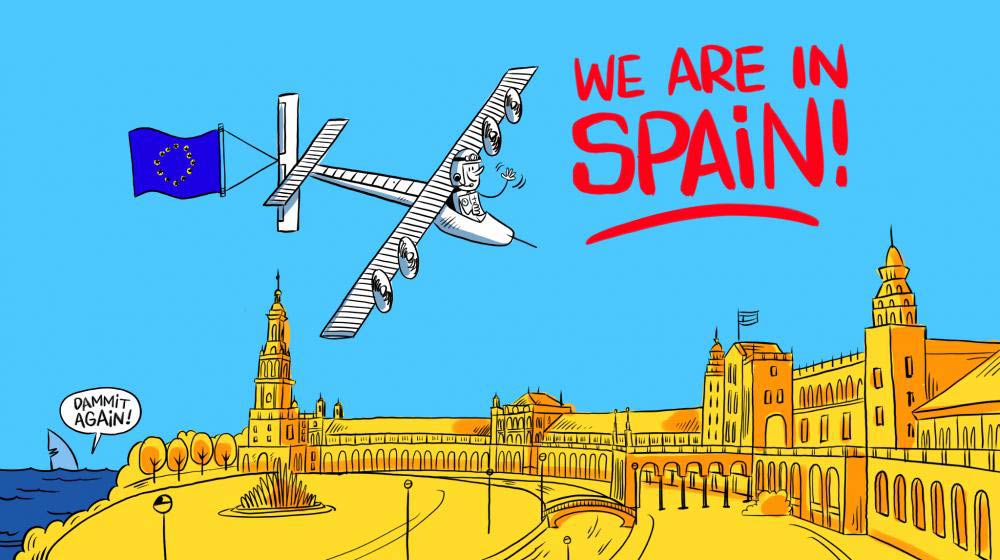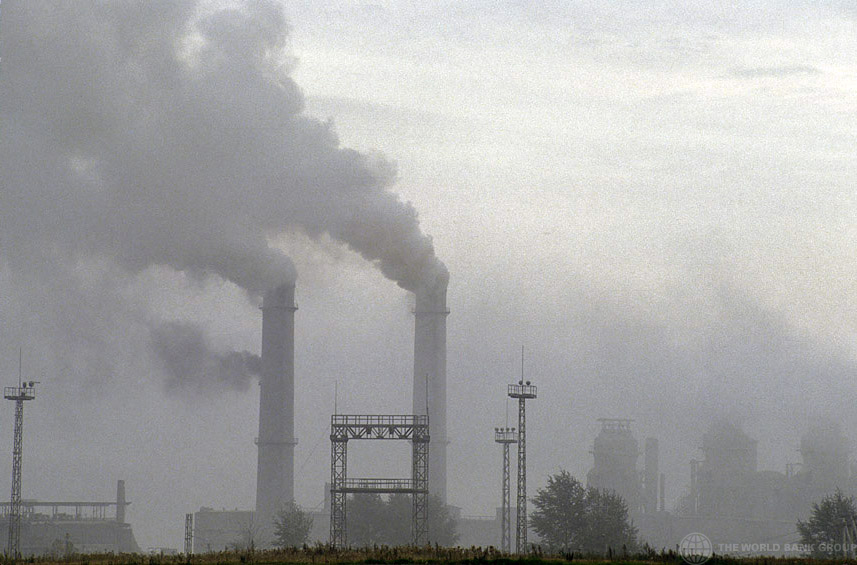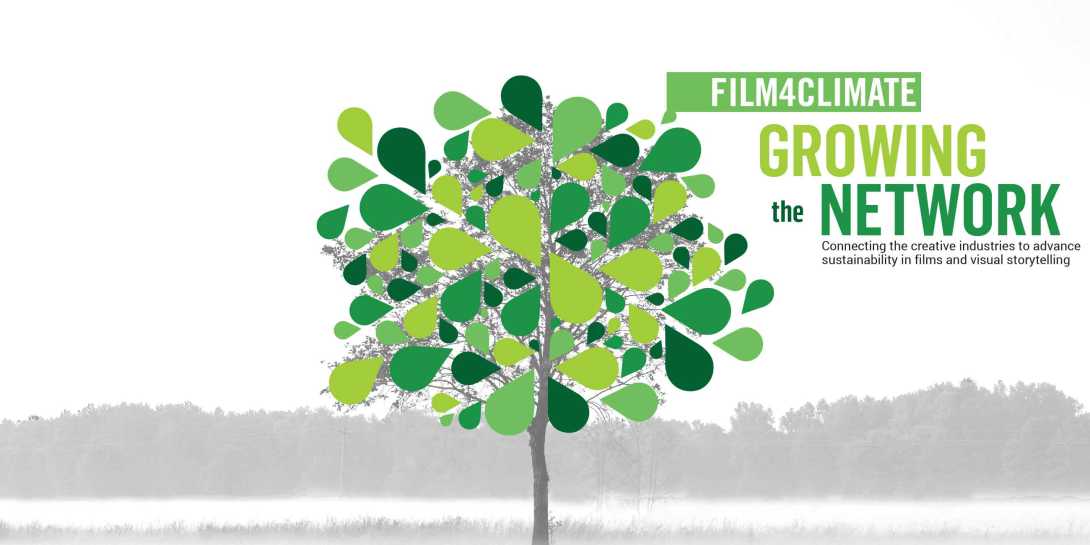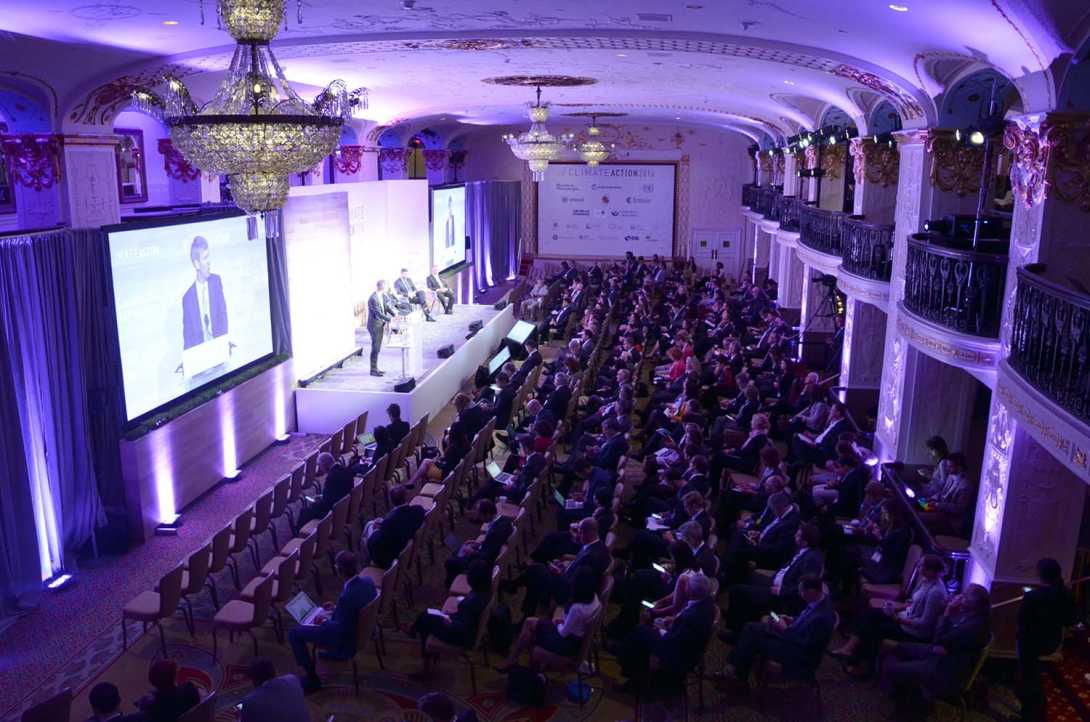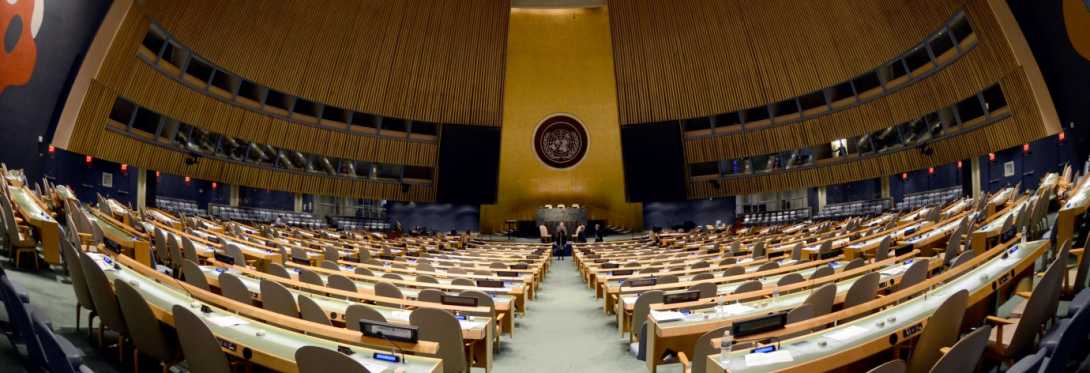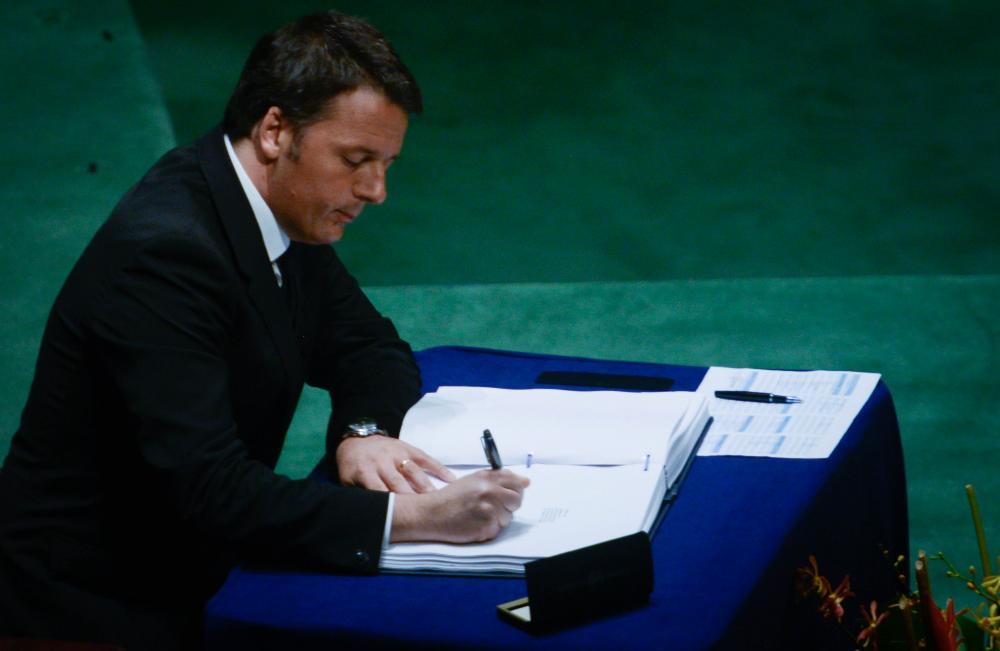
The Business & Climate Summit takes place on June 28-29, 2016 in London. It is the leading annual forum for businesses, investors and policymakers on climate action.
<ul>
<li>The 1st Business & Climate Summit marked a turning point for business engagement on climate policy. The second Summit will harness this engagement to make an unequivocal shift from words to action.</li>
<li>The 2016 Business and Climate Summit will be held London, the heart of global finance and a leading business and technology hub. The summit is being designed by business for business, with a convening network of partners that represent over 6 million businesses worldwide.</li>
<li>Forward thinking companies with climate change at the heart of their business strategies will reap the benefits of high return investments, while those that don’t will face greater risks – from policy, investors and climate change itself.</li>
<li>Investors are increasingly directing their money toward the clean technologies of the future. A rapidly developing innovation and technology frontier is emerging, unlocking trillions of dollars of investment.</li>
<li>It’s no longer just about commitments, it’s about real action. This year’s Business & Climate Summit will set out how business, in the short, medium and long term, can take advantage of a swift transition to a resilient low carbon economy.</li>
</ul>
<p> </p>
<p><strong>Connect4Climate</strong> will also be at the Business & Climate Summit preparing discussion about <a href="http://connect4climate.org/event/business-climate-summit-2016" target="_blank"><strong>"The Role and Responsibility of Creative Industries on Climate Action"</strong></a> on<strong> June 29 - 10:45 to 12:45 BST</strong>. Find out who <a href="http://connect4climate.org/event/business-climate-summit-2016" target="_blank">the panelists are and see the run of show here</a>.</p>
<p>During a public interview with Al Gore at the 2015 Annual Cannes Lions Advertising Festival, Sir Martin Sorrell, Chairman of WPP Group of advertising agencies offered to stand arm-in-arm with heads of rival advertising networks at Cannes Lions 2016 if all will pledge solidarity with the climate change movement.</p>
<p>The World Bank’s Connect4Climate Campaign in partnership with the Business Climate Summit and Maitland Green/Havas is staging a thematic discussion on “The Role of Creative Industries in Sustainability and Climate Change” with the objective of perpetuating the engagement of media, entertainment and advertising sectors on climate action.</p>
<p>Join us online with <a data-query-source="hashtag_click" dir="ltr" href="https://twitter.com/hashtag/BusinessClimate?src=hash">#BusinessClimate<… href="https://twitter.com/Connect4Climate">#Innovation4Climate</a>.</p>
<p> </p>
<p> </p>

